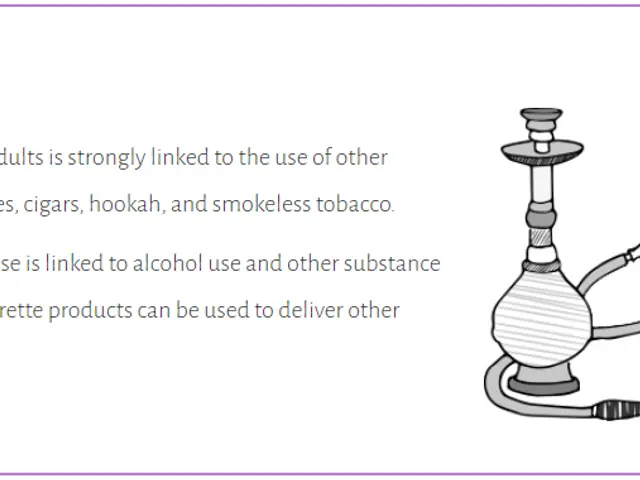Discrepancy Between Public Service Allocations and Local Community Requirements Highlighted in Study
News Article: IFS Warns of Misalignment in Public Service Funding Across England
The Institute for Fiscal Studies (IFS) has issued a warning that funding systems for many public services across England are out of step with actual need, according to a report by Kate Ogden, senior research economist at the IFS.
The report highlights that in 2022/23, day-to-day spending on NHS, local government, schools, police, and public health in England amounted to more than £245bn. However, the IFS estimates reveal substantial differences between the share of funding each area receives and the share it would receive if funding was allocated in line with its different levels of need.
The most deprived fifth of areas receive a share of total funding three percent lower than their share of estimated needs, while the least deprived fifth of areas receive three percent more. This pattern is driven almost entirely by local government funding, where the gaps are much starker (nine percent less for the most deprived and 15 percent more for the least deprived).
For instance, Wokingham received 45 percent more local government funding in 2022/23 than it would have if total funding were allocated in proportion to need, while Hounslow received 31 percent less. Similarly, Dudley in the West Midlands receives £127 per capita less for the NHS, £122 less for local government, and £47 less for police services than if the nationally-available funding were allocated in line with estimated relative spending needs.
The IFS states that this is only partly explained by different council tax levels. The report emphasizes that the government should set a time frame for the necessary reforms if it is serious about aligning funding for public services with its goals for 'levelling up'.
Addressing this issue will take several years and may create losers as well as winners, Ogden suggested. The local government funding system has broken down, the IFS warned. Even if all areas set the same council tax rates, the South East would still receive a share of funding nine percent higher than its share of estimated spending needs, and the North East five percent lower.
The government's estimates of the relative needs of different areas for public service funding have not been updated for a decade. Ogden's report states that differences in levels of funding for local government, police, and public health services across England do not reflect today's patterns of need.
The Ministry of Housing, Communities and Local Government (MHCLG), which manages funds such as the Local Regeneration Fund and Levelling Up Fund, has been tasked with revising the funding allocation systems for public services in 2023 to better align with the actual needs of the regions. The IFS's report suggests that the government should address this issue to make funding systems fit for the future.
The report warns that overall funding will be constrained during the process of addressing this issue, which may result in losers as well as winners. Ogden recommended that the government commit to and set a time frame for necessary reforms if it is serious about making funding systems fit for the future and aligning funding for public services with its goals for 'levelling up'.
Read also:
- Peptide YY (PYY): Exploring its Role in Appetite Suppression, Intestinal Health, and Cognitive Links
- Toddler Health: Rotavirus Signs, Origins, and Potential Complications
- Digestive issues and heart discomfort: Root causes and associated health conditions
- House Infernos: Deadly Hazards Surpassing the Flames





